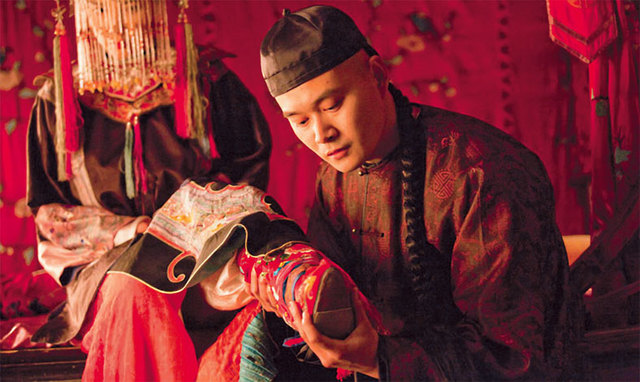Film Review: Director Wayne Wang Adds Historic Levels Of Sentiment To Snow Flower And The Secret Fan
Wayne Wang Directs Chinese (Soap) Opera


“Yeah. They’re disturbingly tiny. ... But they could be disturbingly tinier.”

Trust us


